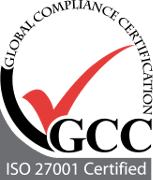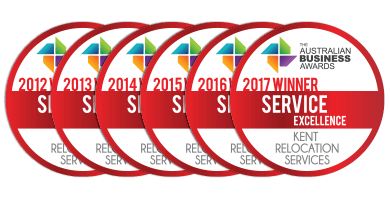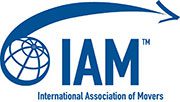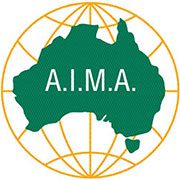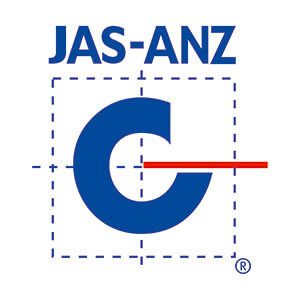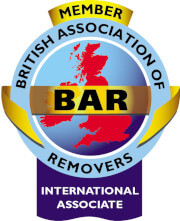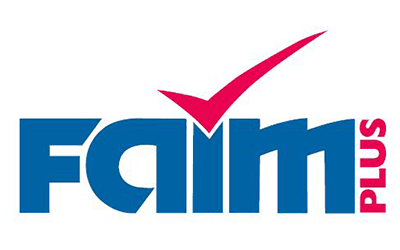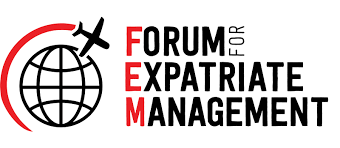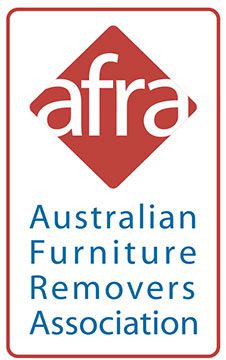Working in Singapore
8th June, 2019
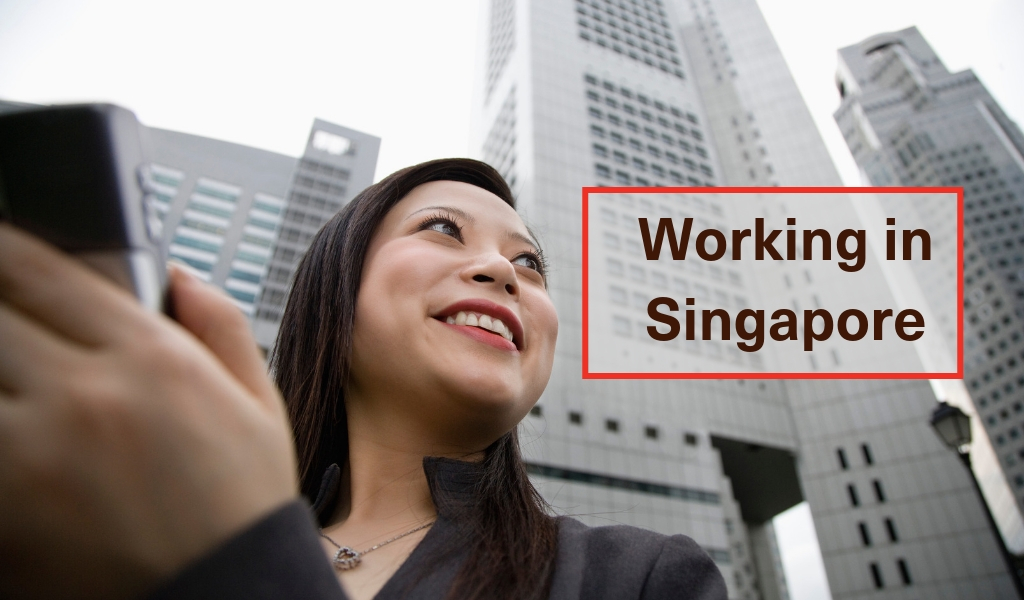
Singapore is a popular expat destination. It has great career opportunities in a tropical, exotic location that is super modern and highly urbanised. Plus, with a thriving expat community, as well as locals who are among the most tolerant people in the world, expats usually find themselves settling in quite easily.
Perhaps best of all, employers must satisfy several regulations related to visa requirements. These regulations make for some of the best employment conditions in the world.
Employer Responsibilities
Your employer must satisfy the following throughout your employment:
- Pay you a fixed monthly salary which needs to be declared during your visa application
- Cover medical and other expenses associated with your stay in Singapore
- Find housing that meets set standards
- Advertise the job on Jobs Bank before submitting an Employment Pass application
- Provide medical insurance for foreign workers
- Ensure foreign workers submit to a medical examination
- Pay a monthly foreign worker levy
- Organise security bonds.
Your Responsibilities
As an expat, you need to adhere to some regulations too. To secure your work permit approval, and ensure it isn’t revoked, you must:
- Not work in any other field or business apart from the occupation and employer listed in your work visa
- Only generate income from that occupation
- Live at the address provided by your employer
- Carry your work permit on you at all times
- Only marry a Singapore citizen or permanent resident with permission of the Ministry of Manpower
Applying for a Work Permit
Individuals cannot apply for work visas. An employer or another authorised third party must apply for your work visa on your behalf.
Your employer (or authorised third party) will provide you with information on the application process and the documents you need, but make sure you have the following ready to prevent any delays:
- Birth certificate
- Marriage certificate
- Previous passports
- Recent passport photographs
- Academic records
- Tax returns for the last three years
- Bank statements for the previous six months
- Medical examination reports
- Police check report.
Work Permit Categories
Your employer (or authorised third party) will apply for the work permit category that applies to your situations. The categories include:
- S Pass: This pass is for foreign nationals, typically earning AU$2,000 per month. Singapore’s Ministry of Manpower has detailed information about the S Pass
- Personalised Employment Pass: This pass was introduced in 2007 to make it easier for highly-trained and educated foreigners to enter the workforce. This pass allows the holder to change jobs instead of being restricted to one employer Singapore’s Ministry of Manpower has detailed information about the Personalised Employment Pass
- Dependent’s Pass: This pass is reserved for spouses and children under 21, although guidelines do change. These passes are tied to the Employment Pass and can be renewed. As the guidelines change frequently, you should check with the Ministry for Manpower for further information
- Long-Term Visit Pass: This pass is for parents, spouses or step-children of people who hold an Employment Pass. It carries several eligibility requirements. To see if you or a member of your family is eligible, click here
- Work Permit: These are provided to unskilled or semi-skilled foreign nationals, but they are limited according to need in specific sectors and are usually related to construction, manufacturing and other manual forms of employment. This link provides information on quotas and eligibility requirements.
Central Provident Fund Number
Singapore has a comprehensive social security system which is paid for in part by mandatory contributions to the Central Provident Fund. Both employees and employers contribute to this fund, and your employer will make contributions on your behalf.
Unfortunately, you will not be able to access this fund, as it is only available to citizens and permanent residents who are employed under a contract of service.
Business Culture in Singapore
The many cultures that have influenced and shaped Singapore make it difficult to pinpoint an exact business culture. But, there are a few commonalities that Australians should be aware of:
- Communication style is indirect and focused on avoiding conflict
- English is the language of business, so there is no need to learn a new language
- Hierarchies exist and are honoured. Subordinates should never question superiors, and should always be treated with respect
- A handshake is the most appropriate greeting, although Indians and Malays will not shake hands with a member of the opposite sex
- Don’t use first names until you’re invited to do so
- Being late is a sign of grave disrespect
- Business meetings will follow a meticulous order
- Entertainment and dining are essential parts of business in the private sector
- The word ‘no’ is rarely used. A nod up and down is a signal that you are listening, not responding negatively
- Never touch anyone’s head, point with your finger or pound your fist into your palm, as these are all disrespectful gestures
- Gifts are central to Singaporean business culture, but they need to be appropriate. Avoid anything that is coloured blue, white or black, and don’t give alcohol to Indians or Malays as they may be practising Muslims. When giving a gift, the recipient will refuse initially so just insist until they take it
- Men should wear at least a shirt and tie, with jackets only required for formal functions. Women should wear business attire, but if working for Malays and Muslims, they should adhere to Islamic codes of dress, which means keeping the knees, back and upper arms covered.
Fast Facts About Business in Singapore
- Working hours are typically from 9am to 5.30pm, while a half-day of work on Saturday is also common
- The unemployment rate as of 2017 was 2.2%. This gives Singapore the 13th lowest rate of unemployment in the world. You can visit the Ministry of Manpower site for updates on employment rates
- The average monthly salary in Singapore as of 2017 was $AU4,122, which is a growth 3.7% from 2016. The Ministry of Manpower publishes salary statistics and growth rates annually.
You can find more information on transport and housing, education and childcare and top 5 things to know when moving to Singapore to ensure you have a full spectrum of tips and advise considering a move to Singapore.
Speak to our International Consultant to assist you with your move now.
Blog Author:

